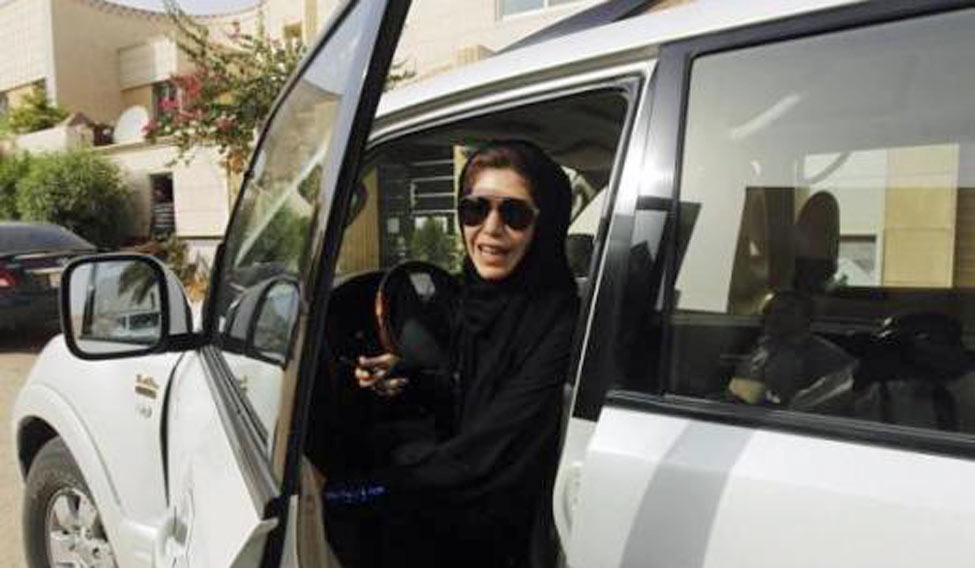On January 10, the ride-sharing companies Uber and Careem in Saudi Arabia announced that they will be recruiting female drivers, after the country decided to lift the ban on women driving vehicles by June 2018. Careem has received thousands of applications from women who want to register as drivers on the platform. It plans to hire 10,000 female drivers by June. Uber’s general manager in Saudi Arabia has said that the company has started ‘listening sessions’ for interested women in Riyadh, which address many issues like problems women could face when driving. Women account for 80 per cent of Uber’s rider base in Saudi Arabia.
The news comes in the wake of an increasing array of rights granted to women in the country under the new regime led by Crown Prince Mohammed bin Salman, including being allowed to attend soccer matches in public stadiums and being named to prominent positions in government. He has also removed the power of the religious police in Saudi to punish women for immodest dressing and prevent mixing of the sexes.
But how much of these rights will translate into an increase in the freedom enjoyed by Saudi women? It is difficult to say because there are so many complex factors – religious fundamentalism, patriarchy, years of drilled-in traditions and a conservative outlook – involved in the life that a woman leads there. The Guardian, for example, calls the reforms “cosmetic”. “Allowing women to obtain a driving licence is little more than a public relations stunt designed to cement this notion of the Saudi regime as the liberator of women,” it says.
Perhaps the truth of this is witnessed by the restrictions within the rights. Officially, a woman has the right to employment and education in Saudi. But the system of guardianship, where a woman is under the control of designated males, ensures she is subject to his whims and fancies. Her freedom is reined in by the length of the leash in his hand.
Saudi Arabia is one of the most segregated nations in the world. There are gender partitions in restaurants, schools and shopping malls. In schools, video lectures are held if the professor is from the opposite gender. There are walls separating female and male cashiers in department stores. Women are not allowed to show their faces and other titillating body parts, commonly called awrah, to men who are not their husbands. There are no dressing rooms in shops for women because they will not take off their clothes if there are male clerks on the other side of the door.
Women’s lives in Saudi Arabia are rife with paradoxes. Their ringtones could be the sound track from the Game of Thrones. Many of them are very active on Facebook and Twitter, reveling in the alternative identity that these platforms offer them. They hold concerts in the basements of their friends’ houses. Veiled in a niqab, they know just how to spin a ball at a bowling alley to get a strike, or play soccer in an all-women’s team. They live full and vibrant lives behind the abaya.
They are like women sitting in the transit lounge of the country, between what has been an ultra-conservative past and what, they hope, will be a historic ride into modernity. They have their boarding passes, stamped with a number of rights and permits. They just don’t know whether the plane will take off.
Being allowed to drive is perhaps more symbolic than liberating – a token gesture by the rulers to show the outside world that their women are not being oppressed. There are more important battles to be won, the foremost among them being how to end the system of guardianship of women by men. Some institutions, for example, won’t hire a woman without her guardian’s permission. But the right to drive can become a launching pad to greater rights and freedoms. The pleasure of sitting behind the wheel on a sunny morning and making a spur-of-the-moment decision to drive to the nearest shopping mall, simply because you have the right to do it – that’s a good place to start, don’t you think?






